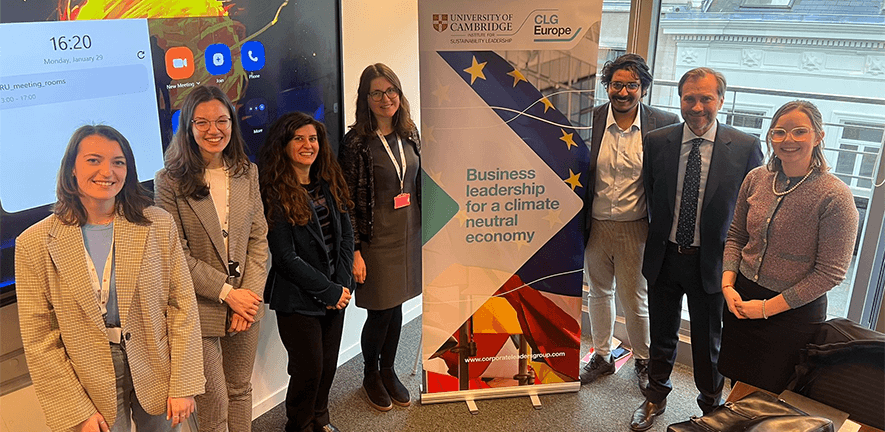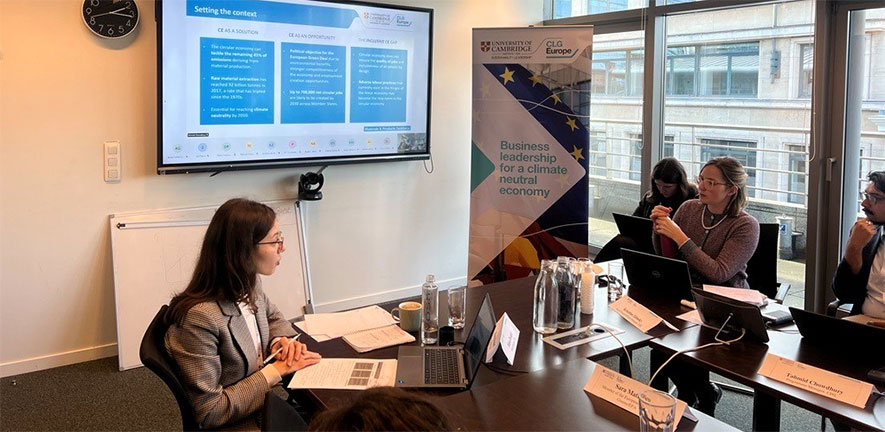
29 January 2024 – CLG Europe’s Materials & Products Taskforce hosted a closed roundtable, both in Brussels and online, delving into how the shift towards circular economy impacts employment in the EU and beyond, involving approximately 30 stakeholders, including policymakers, civil society representatives, and experts to identify priority actions for policymakers.
Read the key points of the roundtable.
On 5th December 2023, the University of Cambridge Institute for Sustainability Leadership (CISL)'s Taskforce on climate-neutral and circular materials & products released a policy report titled "Inclusive Circularity: Creating Decent and Fair Jobs in the EU". This report examines the employment aspects of moving towards a circular economy, discussing necessary job types, research gaps, EU policy intersections, showcasing business practices, and providing policy recommendations for fostering a socially equitable circular economy, particularly focusing on jobs.
Following this report, the Materials & Products Taskforce convened a roundtable, held both in Brussels and online on 29th January 2024, to explore the effects of transitioning to a circular economy on employment within the EU and beyond. The discussion, adhering to the Chatham House Rule, engaged around 30 stakeholders, comprising policymakers, civil society representatives, and experts, including speakers such as William Neale, Adviser on Circular Economy for the European Commission (Environment Directorate General), and Maria Nikolopoulou, member of the European Economic and Social Committee, Workers' Group (Group II), with the aim of discerning key actions for policymakers.
The discussion highlighted key points concerning the future of circular jobs in the EU, including efforts to mainstream circular and social economy practices, the emergence of new policy instruments like the Digital Product Passport and taxonomy on circular economy, challenges in quantifying circular jobs and addressing informality in the workforce, initiatives to support SMEs in complying with standards, and the importance of social economy entities in the transition. Concerns were raised about legislative predictability for SMEs, skills shortages, logistics challenges, and intellectual property protection. Ongoing discussions underscored the need for comprehensive tools to support policymakers and businesses in effectively transitioning to a circular economy, ensuring the creation of decent and fair circular jobs in the EU.





